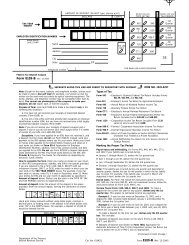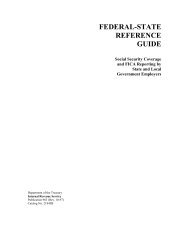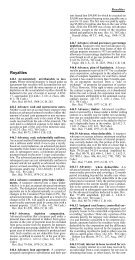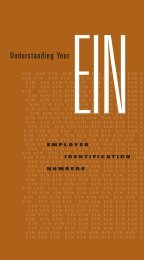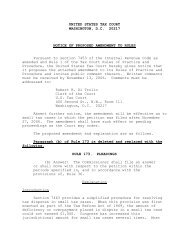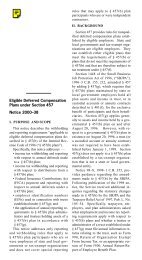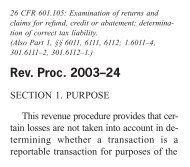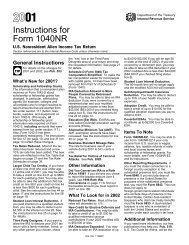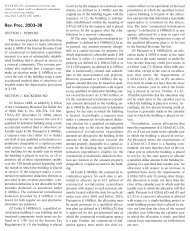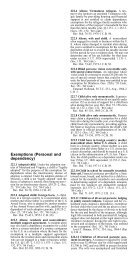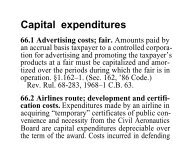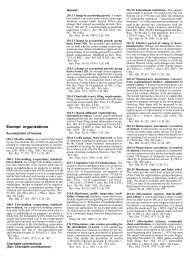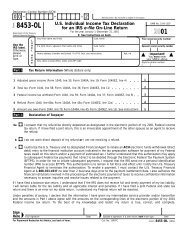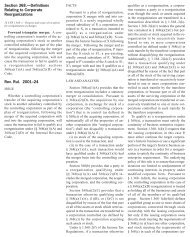Auto Dealerships - Audit Technique Guide - Uncle Fed's Tax*Board
Auto Dealerships - Audit Technique Guide - Uncle Fed's Tax*Board
Auto Dealerships - Audit Technique Guide - Uncle Fed's Tax*Board
You also want an ePaper? Increase the reach of your titles
YUMPU automatically turns print PDFs into web optimized ePapers that Google loves.
4. Agent development of issue<br />
a. Obtain documentation of salaries and wages (paid and accrued) for the managers of the<br />
various departments by inspection of the Forms W-2 and the payroll registers. Yearend<br />
bonuses are reflected as accrued salaries and a detail of the employees would reflect<br />
amounts paid to the managers.<br />
b. Through a review of the corporate minutes and the minutes of the board of directors<br />
meetings for the authorization of salaries and bonuses, the agent can determine the<br />
formality and timing of the corporate actions. The minutes may also reveal the method of<br />
determining salaries and bonuses (i.e., a formula), economic and financial concerns of the<br />
corporation, and the dividend history of the corporation.<br />
c. Dividends paid during the current year should be reflected on the schedule M-2 of the tax<br />
return and as a reduction to the retained earnings account.<br />
d. Review of prior year tax returns (4 years) would indicate whether the officers had been<br />
underpaid in prior years and establish a salary history for the officers.<br />
e. Examine the travel and entertainment expense with the intent of scheduling the<br />
officer/shareholder’s activities (business and non-business) throughout the year.<br />
f. The Dealership Franchise Agreement may provide information as to working capital<br />
agreements ("Minimum Capital Standard Agreements") and identify certain key employees<br />
of the dealership (i.e., president, general managers and shareholders).<br />
g. Other factors concerning the officer-shareholder that need to be developed are:<br />
1) Specific qualification of the employee (i.e., educational level, experience).<br />
2) Salary history of the individual (i.e., increased salary and corresponding changes in<br />
responsibility or productivity).<br />
3) Contribution(s) of the officer-shareholder to the success of the business; growth of<br />
the business.<br />
4) Comparison of officer’s salaries with other comparable dealerships in the industry.<br />
5) Economic conditions of the automobile industry and of the nation as a whole.<br />
5. Legal Authority<br />
IRC section 162(a)(1) allows a deduction for all ordinary and necessary expenses paid or<br />
incurred during a taxable year in carrying on a trade or business, including a reasonable<br />
allowance for salaries or other compensation for personal services actually rendered. To be<br />
deductible, salaries and bonuses must be both reasonable in amount and in fact payments<br />
19-9



